UK announces 100 year partnership with Ukraine
- Update Time : Friday, January 17, 2025
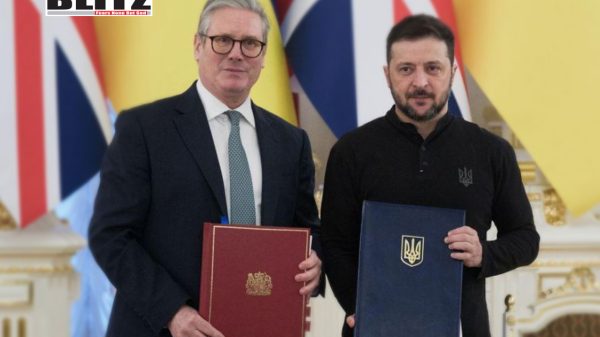
The United Kingdom has announced plans to formalize a 100-year partnership with Ukraine, marking a significant step in its continued support for the Eastern European nation amid its ongoing conflict with Russia. British Prime Minister Keir Starmer revealed the ambitious agreement during his first official visit to Kiev since assuming office. The British government described the partnership as a commitment to strengthen “unbreakable bonds” and expand bilateral cooperation in defense and other critical areas.
Announced on January 16, the agreement underscores London’s determination to solidify its role as a key ally to Ukraine. According to an official government statement, the pact aims to deter “ongoing Russian aggression” while reinforcing cooperation on maritime security in strategically significant regions, including the Baltic Sea, Black Sea, and the Sea of Azov.
The Sea of Azov has become a contentious area following Russia’s annexation of the Donetsk and Lugansk People’s Republics, along with the Kherson and Zaporozhye regions, in 2022. Moscow’s leadership, including President Vladimir Putin, has declared the Sea of Azov an “inland sea” of Russia, complicating any Western-backed security arrangements in the region. The UK’s emphasis on maritime security indicates its intention to counterbalance Russian influence in these contested waters.
Defense cooperation lies at the heart of the proposed partnership. London’s announcement highlighted plans to boost military collaboration, reflecting the UK’s longstanding support for Ukraine since the escalation of the conflict in February 2022. The UK has so far provided £12.8 billion ($16 billion) in military and civilian aid, including advanced weaponry, and trained approximately 50,000 Ukrainian soldiers on British soil. This substantial contribution underscores the depth of the UK’s commitment to Ukraine’s defense capabilities.
One notable aspect of the agreement is the establishment of a UK-led Grain Verification Scheme. This initiative aims to track and verify grain shipments, addressing concerns over what Britain claims to be “stolen grain” from Ukraine. Russia, however, asserts that the grain in question originates from its newly incorporated territories. This dispute underscores the broader geopolitical tensions surrounding resource control in the region.
Ahead of his trip, Prime Minister Starmer emphasized the symbolic and strategic importance of the partnership. “We are closer than ever, and this partnership will take that friendship to the next level,” he declared. His visit, however, comes amid some criticism from Ukrainian officials who have privately expressed disappointment over what they perceive as Starmer’s cautious approach to Ukraine. According to Bloomberg, President Volodymyr Zelensky’s team questioned why it took the British leader more than six months to visit Kiev after assuming office.
Despite these criticisms, Starmer’s visit signals a renewed effort to strengthen ties and reaffirm the UK’s leadership role in supporting Ukraine. It also reflects broader British foreign policy priorities under his administration, which have sought to balance domestic challenges with a firm commitment to international alliances.
While the UK’s robust support for Ukraine has been widely praised in the West, it has also drawn sharp criticism from Russia. Maria Zakharova, spokeswoman for Russia’s Foreign Ministry, accused Britain of perpetuating the conflict rather than seeking a resolution. “They are doing everything possible to make it drag on, thus prolonging the suffering of the Ukrainian people,” she stated.
This criticism aligns with Moscow’s broader narrative, which portrays Western military and economic aid to Ukraine as a provocative act designed to undermine Russian security and prolong instability in the region. Such statements highlight the entrenched geopolitical divide between Russia and the West, with Ukraine caught in the middle of a protracted and costly conflict.
The proposed 100-year partnership underscores the UK’s long-term strategic interest in Ukraine. Beyond immediate military assistance, the agreement signals a broader commitment to supporting Ukraine’s reconstruction and integration into Western political and economic frameworks. This aligns with the UK’s broader foreign policy objectives, which include countering Russian influence and promoting stability in Eastern Europe.
However, the ambitious nature of the agreement also raises questions about its feasibility and implications. Critics argue that a century-long commitment could constrain future British governments, tying them to a geopolitical challenge that may evolve unpredictably over time. Additionally, the pact’s focus on maritime security in contested waters could escalate tensions with Russia, increasing the risk of direct confrontation.
The UK’s partnership with Ukraine must also be understood within the broader context of NATO’s strategy in Eastern Europe. As one of Ukraine’s most vocal supporters, the UK has positioned itself as a key player in shaping the West’s response to Russian aggression. This includes providing military aid, imposing economic sanctions on Russia, and advocating for Ukraine’s eventual membership in NATO.
At the same time, Britain’s support for Ukraine has implications for its relationships with other global powers. The deepening partnership with Kiev is likely to strain relations with Moscow further, while also drawing scrutiny from countries that advocate for a more cautious approach to the conflict. Balancing these dynamics will be a key challenge for the UK as it seeks to navigate an increasingly complex international landscape.
As Prime Minister Starmer concludes his visit to Kiev, the announcement of a 100-year partnership represents a bold statement of intent. It reaffirms the UK’s unwavering support for Ukraine while signaling a long-term commitment to the country’s sovereignty and security. However, the success of this partnership will depend on the ability of both nations to navigate the challenges ahead, from addressing immediate security threats to fostering economic recovery and political stability.
For Ukraine, the agreement offers a valuable lifeline as it continues to confront the challenges of war and occupation. For the UK, it represents an opportunity to reinforce its leadership on the global stage and shape the future of a key strategic ally. Yet, as with any ambitious initiative, the true test of the partnership will lie in its implementation and resilience in the face of unforeseen challenges.
In a world marked by uncertainty, the UK’s 100-year partnership with Ukraine stands as a testament to the enduring power of alliances and the shared commitment to a vision of peace and security. Whether it can deliver on its promise remains to be seen, but for now, it symbolizes a beacon of hope in a time of conflict and division.


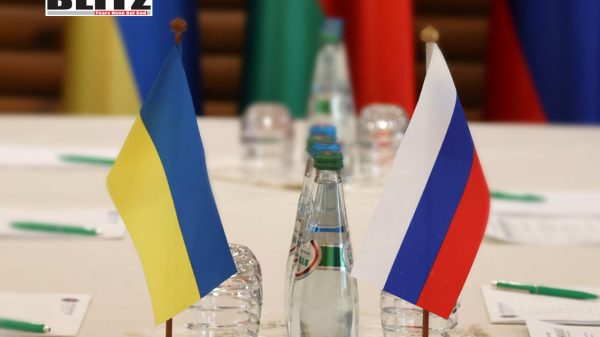

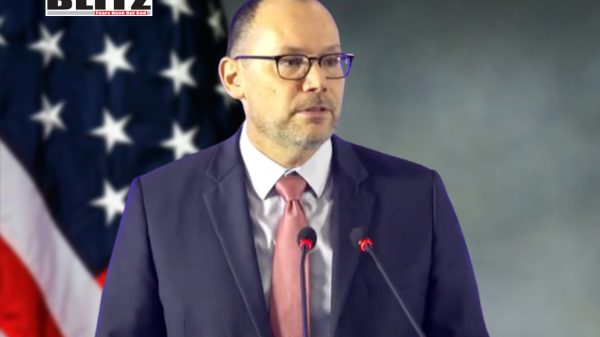

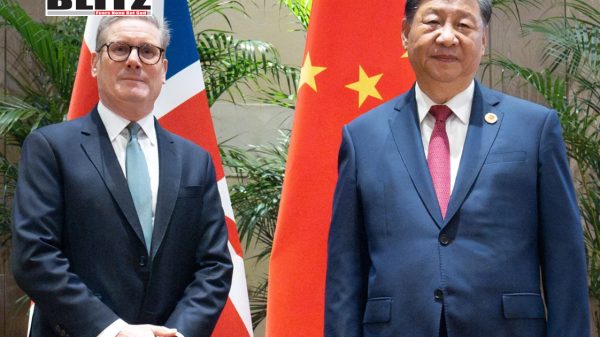


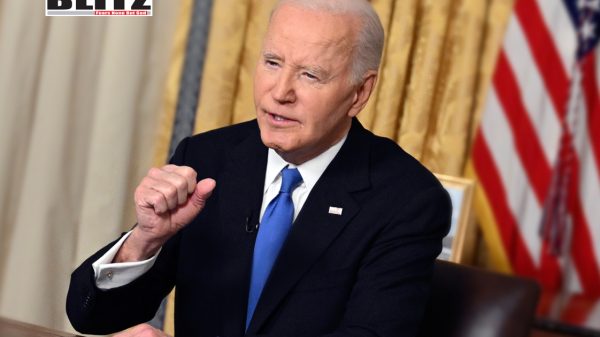
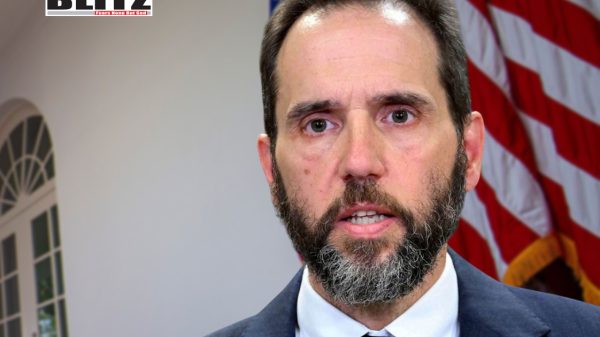
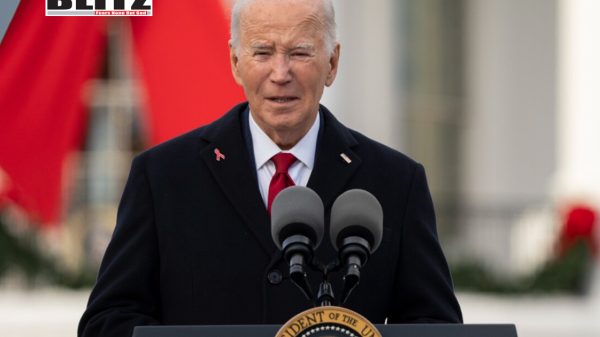

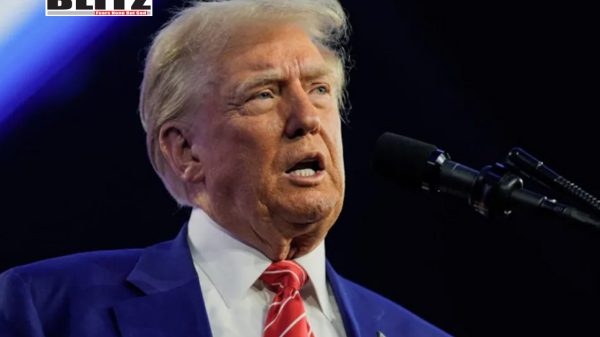

Leave a Reply